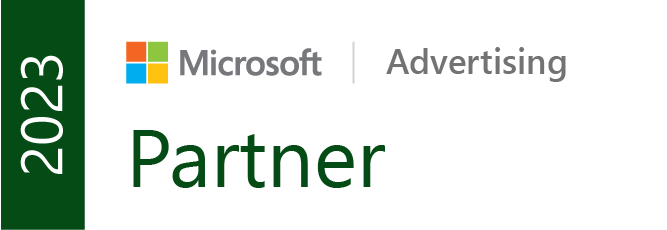
To maintain a high-quality user experience, Google updated its policies to address the abuse of its ad network. These updates aim to ensure that shopping ads are useful, varied, relevant, and safe for users. Google has implemented a strong enforcement system and processes to prevent content that falls below these standards from being displayed to users.
Here are the key updates to Google’s policies and what they mean for advertisers:
Want to brainstorm with our team on new ways to scale your business with YouTube Ads (and other performance video platforms)?
Join us for a free YouTube ad brainstorming session 👇
1) Malicious software policy
Google’s new policy explicitly prohibits the intentional spread of harmful or unauthorized access-causing software, also known as “malware.” This policy applies not only to ads and listings but also to any software hosted or linked to by a website or app, even if it is not promoted through the Google Network. Violating this policy is considered a serious offense and can result in account suspension.
2) Compromised sites policy
The updated policy addresses the issue of compromised sites, which refers to sites or destinations whose code has been hacked to benefit a third party without the owner’s knowledge. These compromised destinations are not allowed to be used in ads and listings. Google will issue a warning at least seven days prior to suspending an account for violating this policy.
3) Unwanted software policy
Google’s unwanted software policy prohibits ads, listings, and destinations that violate its guidelines. This includes software that fails to be transparent about its functionality, lacks terms of service or an end-user license agreement, bundles software without user consent, makes system changes without user consent, makes it difficult for users to uninstall the software, or fails to use publicly available Google APIs properly. Similar to the other policies, violating this policy may result in account suspension.
Taking action
Advertisers should review their ads and listings to ensure compliance with the updated policies. If any ads or listings fall under the new policies, Google recommends removing them from the feed to avoid potential violations.
Read Google’s policy update in full for more information.
Want more content like this?
Don’t miss out on the latest news and updates from the world of Direct Response advertising! Subscribe to our newsletter today 👇
Want to brainstorm with our team on new ways to scale your business with YouTube Ads (and other performance video platforms)?
Join us for a free YouTube ad brainstorming session:
Like this post? Let's continue the conversation!
Get in touch with us by shooting us a quick email or tagging us on LinkedIn or Instagram, and sharing your thoughts. Your feedback helps us keep our blog relevant and interesting.
Get Our Newsletter
Need Help?
Get in touch with us for an insightful evaluation of your ads + actionable tips to help amp up your direct response revenue



